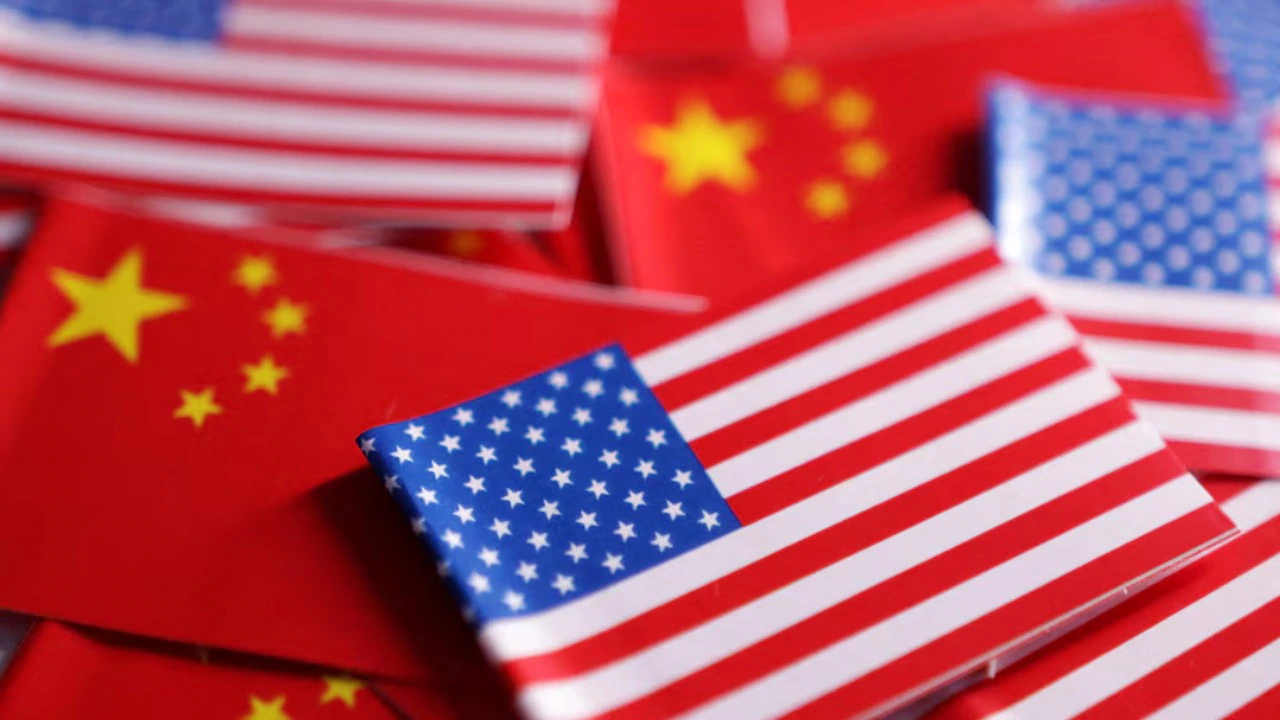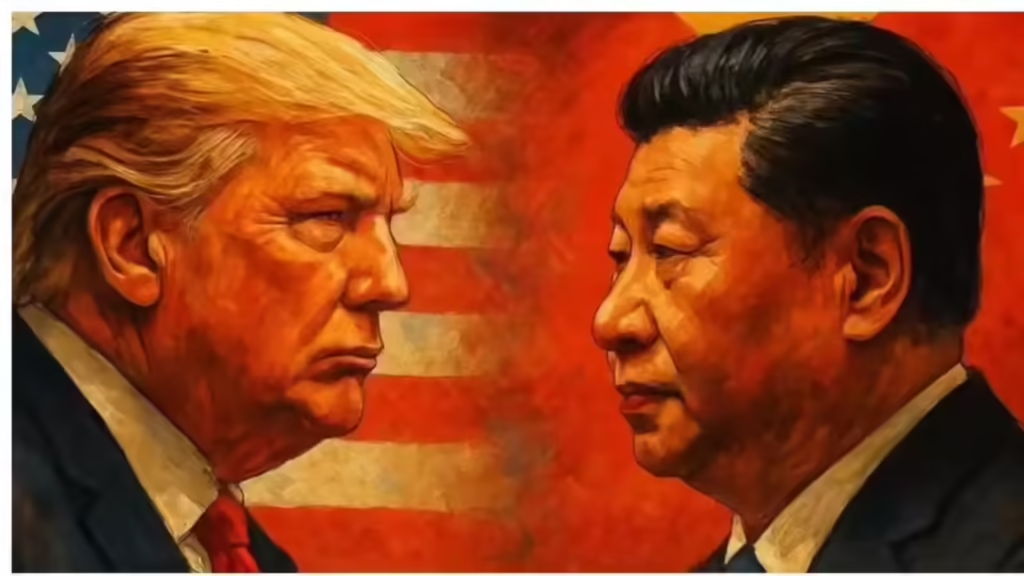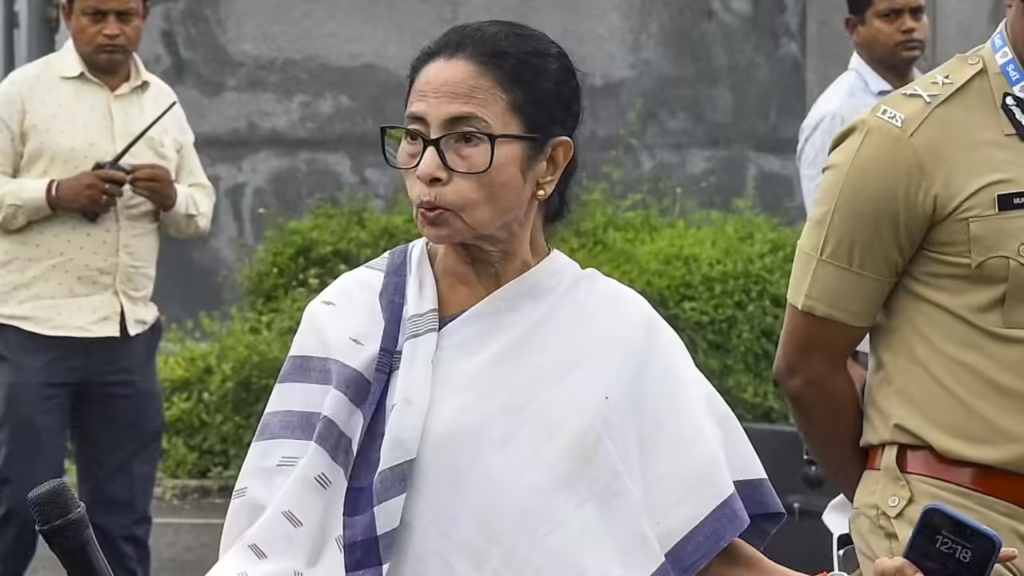Now Reading: U.S. Launches Probe into China’s 2020 Trade Deal Over Compliance Issues
-
01
U.S. Launches Probe into China’s 2020 Trade Deal Over Compliance Issues
U.S. Launches Probe into China’s 2020 Trade Deal Over Compliance Issues

The United States has initiated an investigation into China’s adherence to the Phase One trade agreement signed in 2020, citing apparent non-compliance with purchase commitments. The probe focuses on China’s failure to meet targets for buying U.S. goods and services, largely impacted by the pandemic. The move comes ahead of a planned meeting between U.S. and Chinese leaders, raising concerns about renewed trade tensions between the two economies.
Background of the Phase One Deal
The 2020 agreement aimed to ease ongoing trade conflicts, with China agreeing to increase purchases of American products, including agricultural goods, by hundreds of billions of dollars over 2020 and 2021. These commitments were intended to create fairer trading conditions and reduce the trade deficit.
Reasons for Non-Compliance
China’s inability to meet the targets is attributed to supply chain disruptions caused by the COVID-19 pandemic and rising trade tensions. Additionally, Beijing had increased tariffs on certain U.S. goods, including soybeans, affecting the agricultural sector and slowing planned imports.
Potential Implications
The U.S. investigation could escalate trade tensions and influence global markets. Analysts suggest that non-compliance may lead Washington to impose corrective measures or adjust tariffs, which could affect international businesses and supply chains. For Tier 2 cities in India, this highlights the interconnected nature of global trade and its indirect impact on local markets and exports.
Conclusion
The compliance probe underscores the fragility of trade agreements and the challenges of enforcing international commitments. As both nations navigate these tensions, the outcome could reshape trade dynamics, reminding businesses worldwide of the importance of contingency planning and market diversification.

























